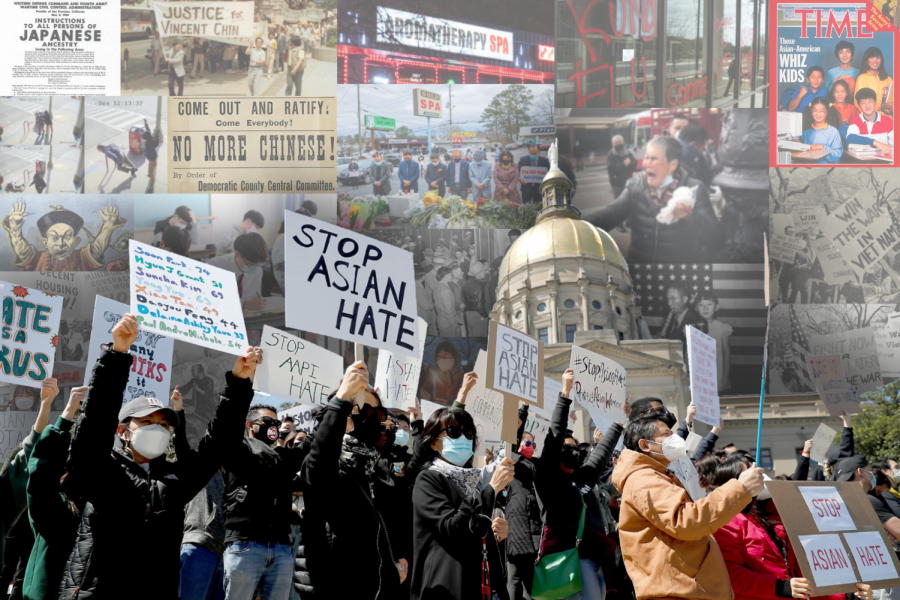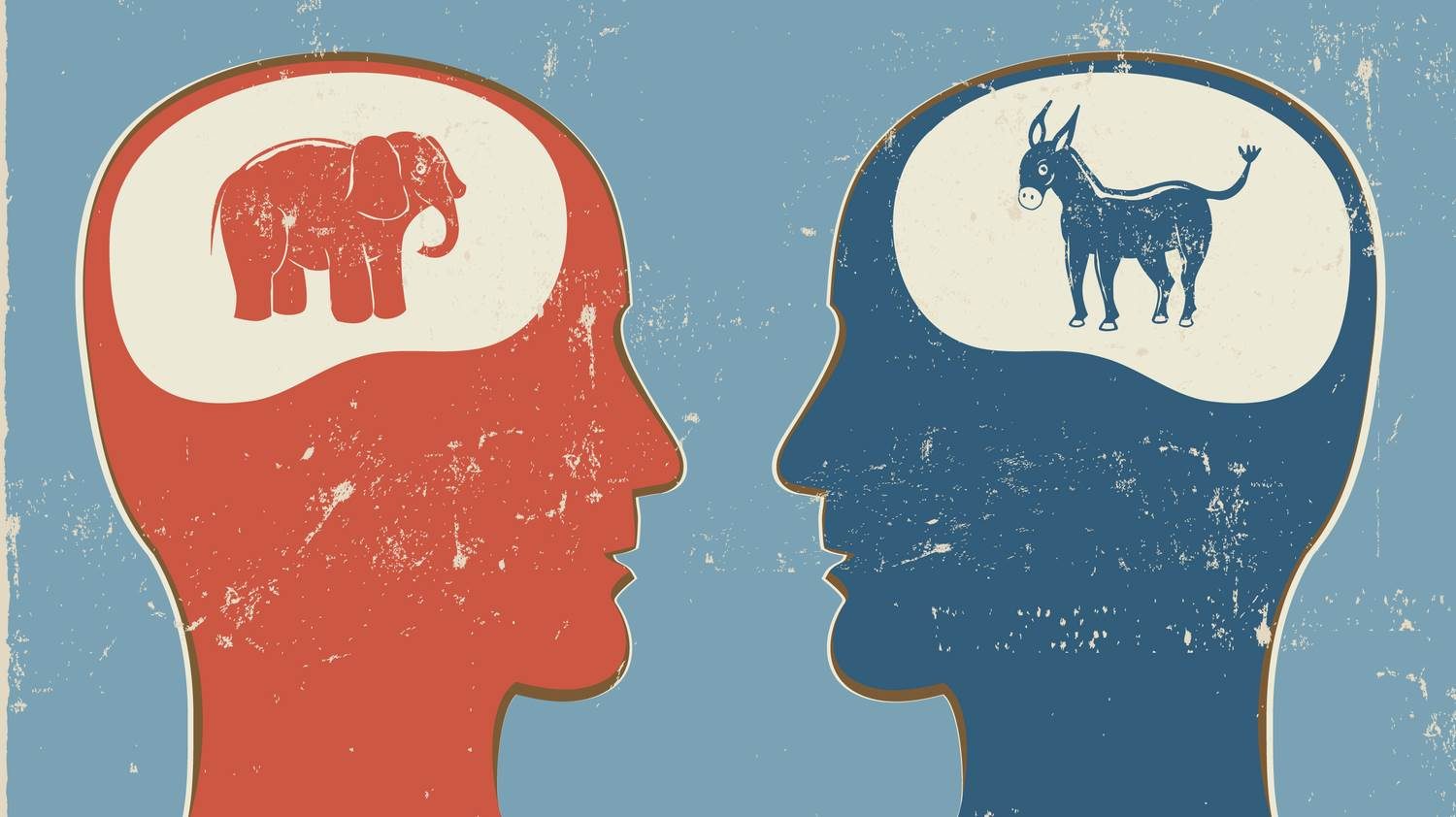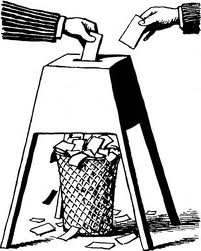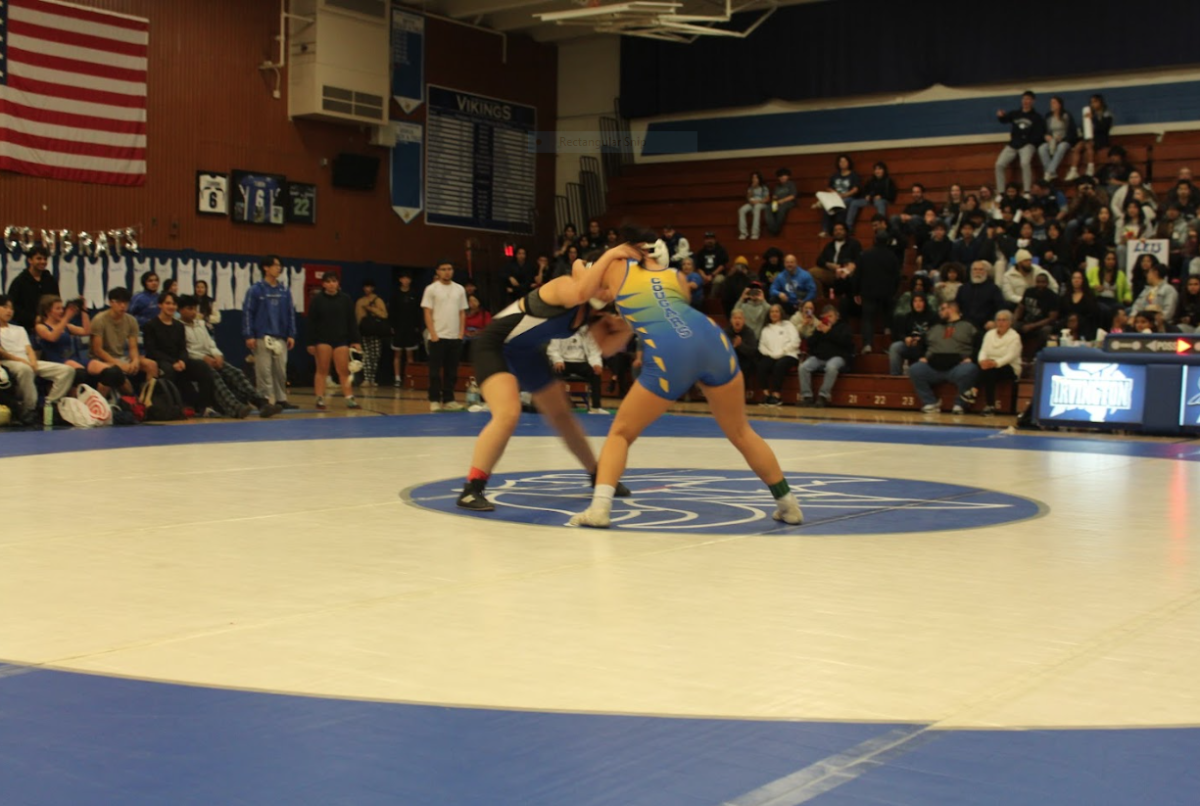The problem of the NFL’s inconsistent discipline policy
By Caitlin Chen | Staff Writer
Though the NFL is neither a policing force nor a guidance counselor, it is subject to much blame from its audience for its inconsistencies in holding its players accountable for their misdeeds–particularly in regards to domestic violence. Because the NFL is a for-profit organization, it tends not to give prominence to issues that might adversely affect its reputation and popularity. This explains why the punishments are often so lenient they exist only to demonstrate a ethical image to appeal to its audience. However, as arguably the most popular professional sports league in the U.S. and a source of national pride, NFL has the corporate responsibility to address its failures in player conduct policies, which change depending on the public opinion and popularity of the player.
Just this past month, NFL Commissioner Roger Goodell was subjected to harsh criticism for his handling of the domestic violence incident involving Ray Rice. Aggravated dissidents protested the leniency of Rice’s initial two-game suspension for his deplorable crime, especially after TMZ released video evidence that showed Rice knocking his girlfriend unconscious. Only after outraged responses from the public was Rice quickly cut from the Baltimore Ravens and given an indefinite suspension.
However, compare this heavy punishment to that of A.J. Jefferson of the Minnesota Vikings, who was arrested in November of 2013 for domestic assault by strangulation, when he choked his girlfriend for not returning his text messages. Though the NFL originally suspended him for four games, Goodell soon lifted the suspension, obviously feeling no pressure from the uninterested audience to amend the NFL’s appalling stance on domestic violence.
The NFL clearly is not as concerned with domestic violence as it is with drug and alcohol use, evidenced by the much harsher substance abuse policy. For example, Josh Gordon of the Cleveland Browns was suspended for the entire 2014 season for failing a drug test for marijuana, a non-performance enhancing drug, during the off season. His punishment was eventually amended from a full season to ten games, still far more stringent than Rice’s original sentence. Shockingly, only after massive public outrage following the Ray Rice incident did the NFL take a more serious stand against domestic violence, unacceptably late.
The domestic violence policy is currently being revised only because of the audience’s involvement because the NFL always tries to reflect the audience’s state of mind. Marijuana, which has been condemned since the 1930s, has had a negative connotation much longer than domestic abuse has; therefore, the NFL has had more practice enforcing a strict drug policy to satisfy its audience. Because the taboo of domestic abuse is so much newer, the policies are still ill-defined.
The NFL’s corporate citizenship–the extent of its responsibility to meet legal, ethical, and economic expectations placed on it by shareholders–incompetently only goes so far as to give punishments it believes to be desirable to the audience, to maintain its image of a wholesome family TV network. This must change: NFL cannot continue only pretending to care about domestic violence, but must implement new policies that change its approach to regulating player conduct.




























